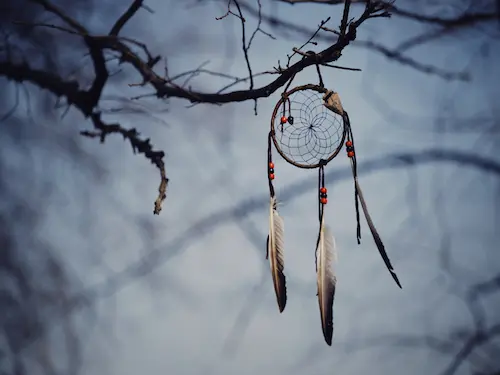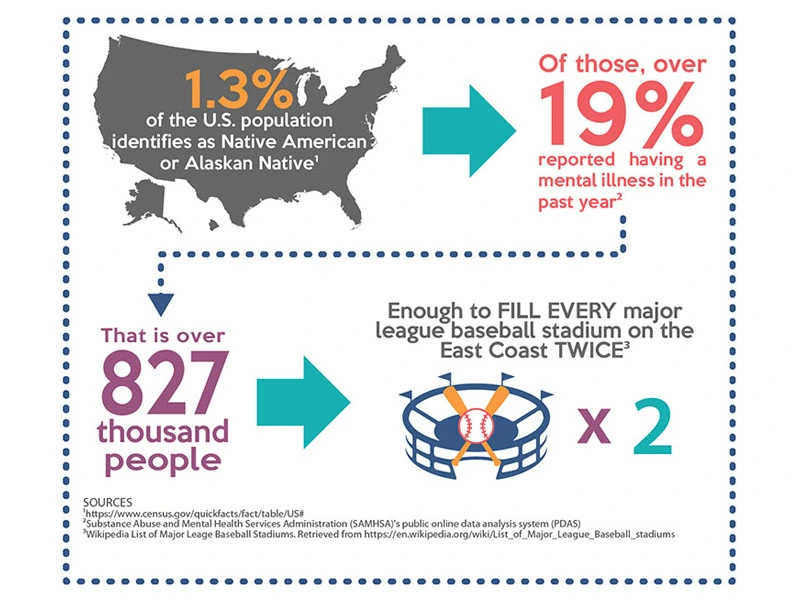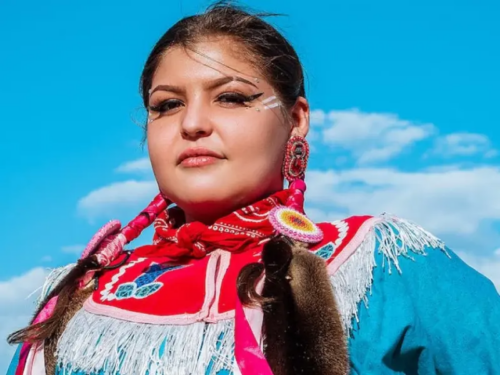
Addressing Mental Health Disparities Among Native Youth
Written By: Charlie Health Editorial Team
November 10, 2021
5 min.
Native American youth in the US are facing a mental health crisis that is not being discussed. We dive into what is causing this and provide several resources to help.
Learn more about our Clinical Review Process
November is National Native American Heritage Month. According to the White House, the aim of the month is to “honor the influence [American Indians and Alaskan Natives] have had on the advancement of our Nation, and recommit ourselves to upholding trust and treaty responsibilities, strengthening Tribal sovereignty, and advancing Tribal self-determination.” This month is also an important opportunity to discuss the mental health disparities that exist in Indigenous communities throughout the U.S. In order to honor any community, understanding the day-to-day realities of its people is imperative, and for too many Indigenous youth with mental health issues, access to care is shamefully limited. Further, the disparities that Native American communities are subject to by arcane and discriminatory policies (such as less access to health insurance, nutritious food, quality education, and limited public health infrastructure to help combat disproportionately high rates of substance abuse and domestic violence) only exacerbate mental health issues, especially for kids and teens.
A concentrated crisis
The Center for Native American Youth reports that, based on CDC data, suicide is the second leading cause of death for Native American youth ages 10-24, and Native youth teen suicide rates are nearly 3.5 times higher than the national average. With suicide rates among the general youth population also skyrocketting for the past several years, this statistic is especially alarming. This contrast, according to the U.S. Department of Health and Human Services’ Children’s Bureau, can be partially attributed to “the oppression of American Indians and Alaska Natives and the resulting historical trauma and adverse childhood experiences.” They go on to cite that suicide is not the only mental health concern among Native youth––high rates of depression, substance abuse, and violence are also products of generations of purposeful and systemic disenfranchisement. According to the Coalition to Stop Violence Against Native Women, “Native youth experience violent crime rates up to 10 times the national average. Violence, including intentional injuries, homicide and suicide, account for 75% of Native youth deaths.” These are horrifying statistics facing the millions of Native youth who live in communities across the country, often in remote areas with extremely limited access to mental healthcare and other basic services.
Do you need more support with
your mental health?
Charlie Health can help.
Indigenous mental health facts
To contextualize these numbers: Mental Health America found that rates of poverty in Native communities are nearly double the national average. They go on to summarize the other primary barriers to mental health care in Native American communities: cultural factors, prevalence [of mental health issues], treatment issues, and lack of access, including lower rates of insurance coverage. Poverty is a well-established exacerbator of mental health issues and barriers to treatment, so it’s unsurprising that communities subject to harmful policies are suffering from the traumatic effects of living with generational poverty.
There is thorough evidence that has consistently confirmed the cause-and-effect results of systemic poverty, discriminatory policies, and increased rates of mental health issues. In a 2021 survey conducted by the Colorado School of Public Health’s Centers for American Indian & Alaska Native Health, more than half of American Indian and Alaskan Native respondents said that youth mental health services and youth substance abuse treatment were critical needs in their communities, with 73% noting that access to health insurance is a critical need as well.
These disparities continue to deepen when gender is factored in. The Center for Native American Youth writes that, “Indigenous women, girls, trans, and two-spirit people experience violence, sexual assault, go missing, and are murdered at the highest rates of any ethnic group.” (“Two-spirit refers to a person who identifies as having both a masculine and a feminine spirit, and is used by some Indigenous people to describe their sexual, gender and/or spiritual identity.”) The Coalition to Stop Violence Against Native Women has found that, “One in three Native American girls will be sexually assaulted in their lifetimes and one in three Native youth will face dating violence.” Further, about 60% of AI/AN students reported experiencing mental distress, with rates “much higher” among females (71%) than males (48%).

Celebrating Indigenous communities
One way to celebrate Native American communities is to acknowledge the discriminatory nature of public health and other policies that put Native kids and youth at a disadvantage due to lack of access to mental healthcare. At Charlie Health, we work alongside Native communities and Tribes to address this critical need by providing virtual intensive outpatient care to kids, teens, and their families regardless of geography.
Celebrating Native communities also requires learning about their culture from Native people themselves. While Thanksgiving is a beloved American tradition, it’s important to remember that the day is an opportunity to learn more about the history of Native people in America, including the Indigenous names for the Native people who live in your area; the Indigenous name for the land where your city, state, or community currently is; and to seek out historically accurate information about the violence that Indigenous communities experienced for centuries at the hands of European colonizers.
Mental health issues are as nuanced as their treatments and often require a broad understanding of not just an individual’s culture and history, but also their entire community’s traditions, beliefs, and values. In celebrating Native American Heritage Month, understanding the broader context of youth mental health disparities is one of the most direct ways to better support those same communities.
Community support at Charlie Health
It’s important to remember that you are not alone. If you or a loved one is struggling with mental health challenges, Charlie Health is here to support you. Mental health is personal–that’s why Charlie Health customizes each treatment plan for patients and families to meet their individual needs. By matching patients with primary therapists and into group sessions with whom they can relate allows for a more successful healing journey and patient experience.
References
https://www.childwelfare.gov/
https://www.ihs.gov/yrtc/
https://www.wernative.org/
https://www.cnay.org/
https://www.csvanw.org/mmiw
https://strongheartshelpline.org/
https://www.wernative.org/my-mind
https://www.nativeyouthsexualhealth.com/
StrongHearts Native Helpline: 1-844-7NATIVE (762-8483)––safe, confidential and anonymous domestic, dating and sexual violence helpline offering culturally-appropriate support and advocacy





